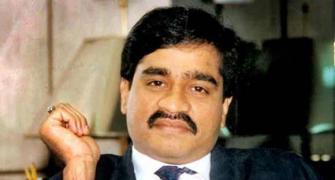The mid-term appraisal of the Tenth Five-Year plan says the time is right for adjusting petrol and diesel prices because the overall price level is under control.
"Our immediate priority should be to nudge domestic oil prices to sustainable levels," it says.
"Liberal pricing for oil products was never really implemented and has come under strain with the hardening of international oil prices," says the appraisal, adding that international oil prices are expected to remain high in the medium term.
"On economic grounds, a significant adjustment in LPG prices and some adjustments in kerosene prices need to be done. The underpricing of these items is now very high," the document says.
It also makes a strong case for reviewing the current system of determining refinery gate prices. These prices include import parity prices plus various cost margins. The MTA, however, recommends freeing prices at the refinery gate and at the retail end.
After the administered price mechanism was dismantled, refineries began selling products at the import parity price. But, at the retail end, the government has not allowed public sector companies to revise the prices.
This has resulted in a situation where marketing of products has become unattractive, and stand-alone marketing companies like IBP Ltd are incurring losses.
The government is mulling over a proposal to introduce some form of export parity pricing, since it is lower than the import parity price because of duty drawbacks and other concessions available on exports.
For the upstream sector, the MTA says foreign companies should be allowed to bid for abandoned or marginal fields under production-sharing agreements similar to NELP. This will bring in cost-effective technologies not currently available in India, it has stressed.







